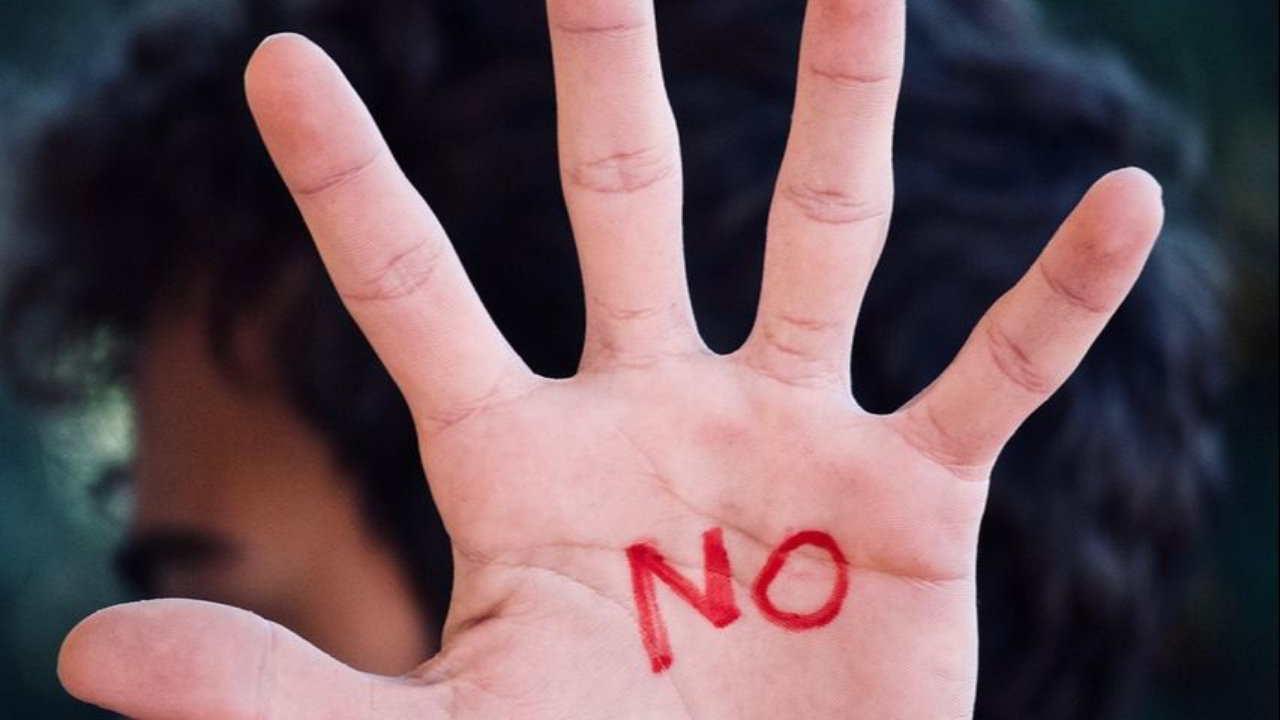How Boundaries Became My Superpower

The Moment Everything Changed
I was 57 years old, standing outside the church, and I felt like I was 12 again.
I was there to support a childhood friend who had lost her husband. But I knew there was a chance I'd run into people from my past—people who had purposely caused me pain and abuse during some of my most vulnerable years.
I said a prayer for protection and strength, reminding myself: You're not that scared child anymore. You're a mature, capable woman who gets to choose how she shows up in the world.
Funny how certain situations can transport us right back to old versions of ourselves, isn't it?
The Test
I arrived early for the viewing and immediately spotted a woman who had tormented me for years. Instead of the familiar knot of anxiety, I felt something unexpected: calm.
As I approached the entrance, she was talking with my friend's brother. He saw me, said my name warmly, and reached out for a hug, which I warmly returned. The woman stood nearby and whispered to him, "I don't think she knows who I am."
Of course I knew who she was.
She turned to me with that same manipulative smile I remembered and asked, "May I have a hug?"
I calmly put my hand out in a stop position and said, "No."
Then I walked inside.
No drama. No long explanation. No apology for protecting my peace.
Just a clear, firm boundary born from self-love rather than fear or anger.
What I Learned About Real Boundaries
That moment taught me something profound about what boundaries actually are—and what they're not.
Boundaries aren't about controlling other people. They're acts of self-love. They're not threats or ultimatums; they're clear communication about what you need to feel safe and respected.
Real boundaries have a specific structure: "If you do/don't do this, then I will..."
For example:
- "If you talk about my children in a negative light, I will end the conversation."
- "If you call me names and gaslight me, I will not engage. I will leave the conversation."
- "If you continue to show up intoxicated to family events, I will not attend when you're there."
Notice how each boundary focuses on what you will do, not on trying to control what the other person does.
And here's the crucial part: You have to follow through, or it's not a boundary—it's just a wish.
The Bridge from Drama to Peace
Before I understood healthy boundaries, I often found myself caught in what therapists call the Drama Triangle—getting stuck in the exhausting roles of Victim, Rescuer, or Persecutor in my relationships.
When someone hurt me, I'd either shut down completely (Victim), try to fix everyone else's problems (Rescuer), or lash out in reactive anger (Persecutor). None of these responses led to the connection and peace I actually wanted.
Boundaries became my bridge out of that triangle. They're like the banks of a river—they don't stop the flow of love and connection, they just give it healthy direction.
Why Boundaries Feel So Hard
If setting boundaries feels impossible to you, you're not alone. Many of us learned early that our worth came from making others happy, from being helpful, from never causing problems. The idea of disappointing someone can feel terrifying.
Here's what I've noticed: the people who struggle most with boundaries often have the biggest hearts. You care so much about others that you've forgotten to care about yourself in the same way.
But boundaries aren't selfish. Sometimes the kindest thing we can do for someone is to be honest about our limits. It gives them a chance to show up differently too.
The Questions That Change Everything
As you think about your own relationship with boundaries, consider these questions:
- What boundary have you been afraid to set?
- What story are you telling yourself about why you can't set it?
- What would change in your life if you honored your own needs the way you honor others'?
- When was the last time someone respected a boundary you set? How did that feel?
Your Peace Matters
That day at the funeral, the woman who had tormented me expected me to play small, to pretend, to give her what she wanted regardless of how I felt. She expected me to prioritize her agenda over my own peace.
But I had learned something powerful: my peace matters more than someone else's agenda or comfort.
When you know your worth, saying no becomes an act of love, not rebellion.
Your future self is waiting for you to choose you. The question is: are you ready to meet her/him?


